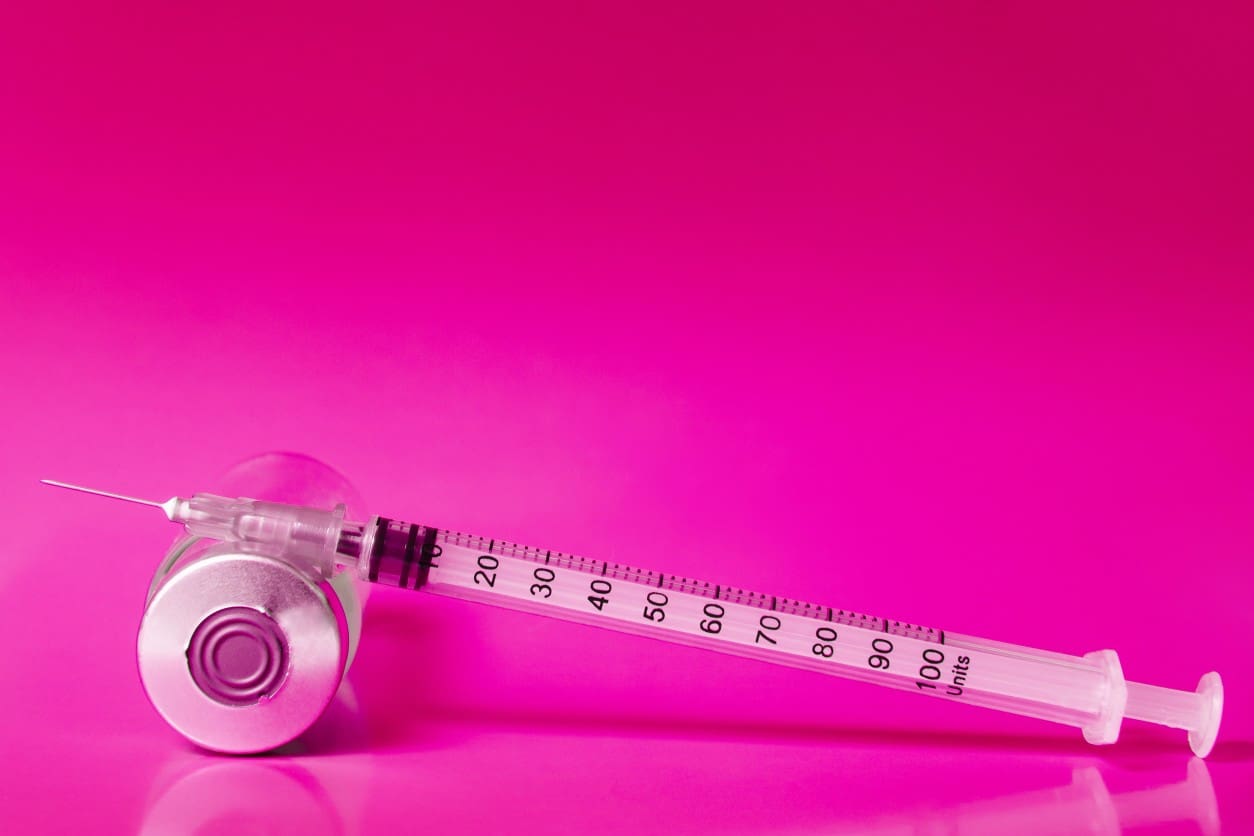The human papillomavirus vaccine has seen big drops in rates of HPV, which raises the possibility of cervical cancer’s complete eradication.
The human papillomavirus vaccine is an Australian inventio. First developed at the University of Queensland, the vaccine has gone on to be used around the world.
It helps to prevent HPV – an infection spread through sexual contact which often has no symptoms, but can progress to cervical cancer in women.
Immunisation began more than a decade ago, and in the intervening years the World Health Organisation has said that eradication – complete erasure of cervical cancer – is within reach. So how effective has the vaccine been and where are the gaps?
In a review of the evidence, researchers collected data on HPV vaccination programs in 14 high-income countries, including Australia. 60 million people were included in the analysis. Most of the countries – 12 of the 14 – only vaccinated girls, but Australia is one of the exceptions.
Since 2013, we’ve had a gender-neutral program (the US is the other country to do the same). We’re the exception when it comes to age, too. Most programs target girls between 10 and 13, but Australia vaccinates women up to the age of 26.
The researchers found that in the first four years after introducing a HPV vaccine program, rates of HPV decreased significantly. Over an eight year period, prevalence reduced by 83 per cent in girls aged 13 to 19, and by about 66 per cent in women between 20 and 24. Warts caused by HPV also decreased, which is welcome news.
The researchers also saw what’s called a ‘herd effect’ or ‘herd immunity’ – even people who weren’t vaccinated also experienced lower rates of HPV. Herd immunity is one of the goals (and one of the hallmarks) of a successful vaccination program.
Implications
Thanks to Australian innovation and comprehensive immunisation programs, we could be well on our way to eradicating cervical cancer.
But more work needs to be done in those countries without vaccination programs, especially less developed nations and countries where screening for HPV is tied up in complex cultural and social barriers to healthcare.

